|
* From « La vie en Rose », Edith Piaf
On the 4th of September 2018, after living for 4 years in Birmingham, my boyfriend and I left England and flew across the English Channel (or French, depending on which side you ask!) to start our new adventure in Paris. The first weeks, we were dazzled by the beauty of this city. Every corner you turn, you can admire the architecture of the flats all around, with those small chimneys that make you feel like you have been transported to Les Aristochats; the Seine is a breath of fresh air at the heart of the city, the trees run all across the streets and if it is a clear day, you can see everything turning to a pink hue at sunset. We discovered the joys of French cheese, with more than 400 varieties, and French boulangeries (bakeries), where I learnt my first important words “Je vais prendre une tartelette au citron meringuée, s’il vous plait”. A few days after arriving, I met with my supervisors and when I sat down at the table, in what is now “our” little kitchen, I felt so happy listening to all the experiments they had planned for me and to see the passion they had for the topic, the science, the research, so that I couldn’t wait to start in October. It’s been now six months since I started my PhD and I finally have a handle of this new lifestyle and can honestly say… that I am loving it! Before coming here, for the past two years after my MSc I was doing a research associate job at the University of Birmingham (Sept 2016 - Aug 2018); I really enjoyed being able to help my colleagues and felt appreciated. The work experience was really invaluable since it gave me the structure and confidence I lacked when I was fresh out of my Master – where every failed experiment led to a desperate tantrum. Thanks to that training I finally felt ready and eager to jump into a PhD journey. Similarly to the research associate job, the PhD timings are flexible and I can usually organise my own schedule, apart from the weekly meetings to assess the progress of the experiments, trouble-shoot and talk about new ideas. The Cochin Institute is in a very good location, since it is quite close to other institutions such as the Pasteur and Curie, Descartes and Diderot universities, and I can attend seminars all over Paris. 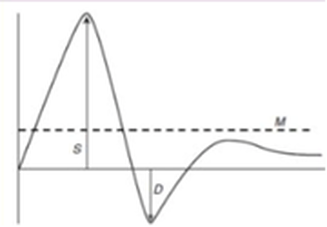 Unlike the research associate job, I have a well-defined role and I really need to bring forward the experiments, but I always have that feeling of being a student, with the privilege of making tons of mistakes and always have a supervisor to look up to. There are two main branches to my project. One is focused on the analysis of human tissue samples which I share with my partner-in-crime Camino (ESR8) to find a relationship between genetic variations and alteration of gene expression in preeclampsia. The other project is more hands-on in the lab, since I am working on the fusion of trophoblast cells using the in vitro model BeWo (here to the left😊). During this time, the cells and I have become very good friends and I feel like I know everything about them, even though I still haven’t managed to perfection a good staining protocol. I always enjoyed the life of the lab, therefore the lab work is never too much and I love having the chance to take charge of my experiments (or at least believe it 😊) and try and improve things, test new protocols, find new strategies. It wouldn’t be the same if I didn’t feel supported and guided by my supervisors, who are usually available for anything. Even though it is true that you cannot tell much from an interview, I think that you can always perceive if someone loves what they do and to teach and supervise, from the moment they describe their work to you and are attentive to your questions and uncertainties. 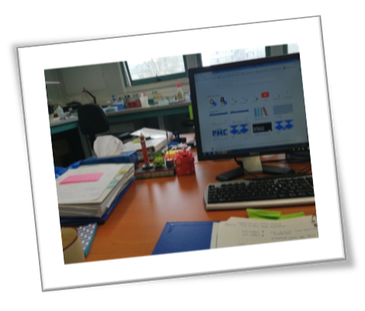 Before starting the PhD, I was very worried about the bulk of literature reading that comes with it, especially since I am not one of those persons to read papers on the grass on a Sunday, but rather a good crime novel. Surprisingly, it seems to come naturally to read papers at work now, especially in those long breaks that you have in molecular biology experiments. For the first time, I eagerly go through the Method section trying to understand the approaches they used and see if I can apply interesting protocols in our lab. To help myself to keep reading the latest papers, I also set email alerts on the NCBI website for the topics I am interested in, so that I receive the abstracts in my professional email; which takes out half of the effort of having to purposely browse around for them. Going to seminars from different fields is also a good way to hear about new techniques and inspire further bibliography reading. We have just finished working on a review article; it was very overwhelming at first, but it turned out to be an excellent exercise to get a handle on how to read papers thoroughly but efficiently and really dig deep into a topic. A word of advice would be to start much earlier than you think because it takes a lot of time, litres of tea and packets of cookies; otherwise you might end up waking at 3am to finish off the last section… 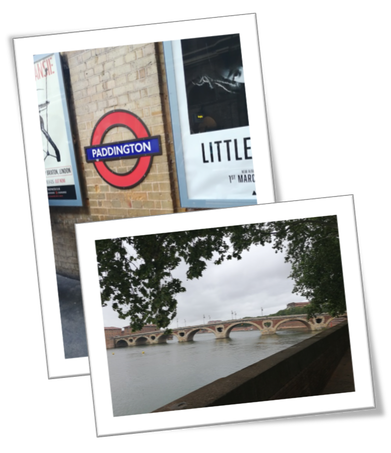 Finally, doing a PhD as a MCSA fellow really makes a difference in terms of the spectrum of opportunities we are offered. The fellowship really encourages us to get involved in different kinds of events, from training and conferences, to public-engagement initiatives. In February, we had our first iPlacenta consortium training meeting which was really useful in understanding the clinical aspects of this field, and it was great to meet all the other students and members of the consortium. In March, I had the chance to attend my first international conference in Paris, the 66th Annual Meeting of the Society of Reproductive Investigation, which was a real eye-opener on the research that is being carried out around the world. More recently I went to Toulouse for ReproScience, a French national conference on reproductive science. The opportunities really seem to be endless, and I have just heard that I am going to be able to attend a training course in Bordeaux offered by INSERM on the latest technologies in super-resolution microscopy. Considering that this is only my first year, the life of an Early Stage Researcher could not be more exciting! There are also more commitments that come with it, since we have online courses to attend and produce different kinds of documents throughout, such as the Data Management Plan we are currently working on. However, all these “extra” tasks will considerably enrich our portfolio of skills. Now back to science, with my next RNA extraction! Au revoir, Clara
Sam
7/6/2019 10:03:00 pm
Amazing. You brought back the Parisian Romance for me!! Need to get you some tea now. 😁😆
Reply
Clara
11/6/2019 12:27:50 pm
I'd love that :)!!
Reply
12/7/2024 07:48:47 am
What advice is offered based on the experience of working on the review article?
Reply
Leave a Reply. |
About the blogBeing a PhD student in a European training network is a life-changing adventure. Moving to a new country, carrying out a research project, facing scientific (and cultural) challenges, travelling around Europe and beyond… Those 3 years certainly do bring their part of new - sometimes frightening - but always enriching experiences. Categories
All
Archives
December 2021
|


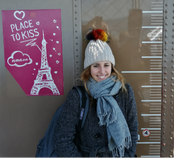
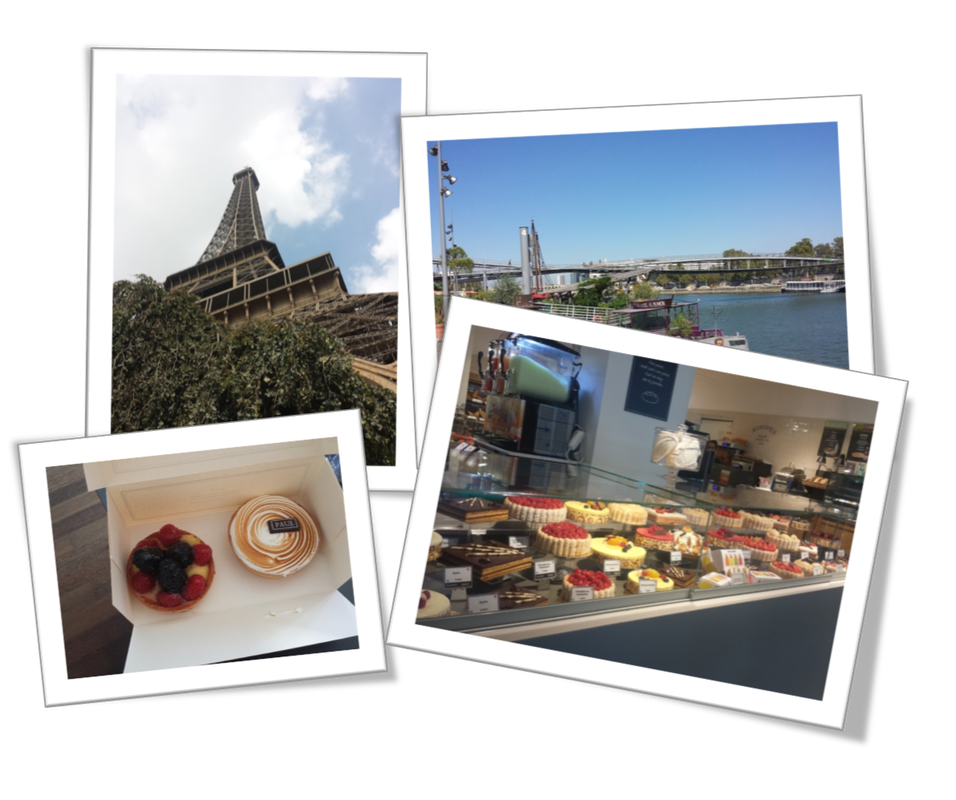
 RSS Feed
RSS Feed
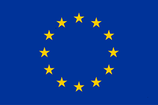
29/5/2019
3 Comments